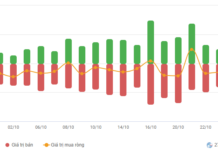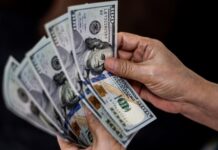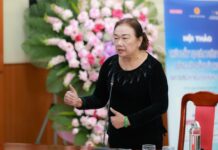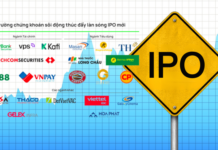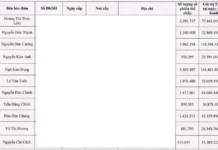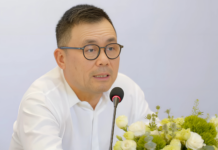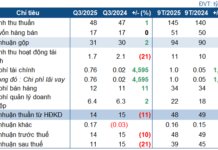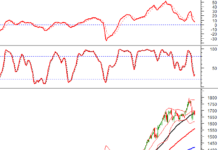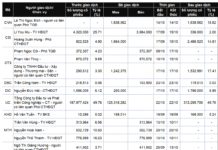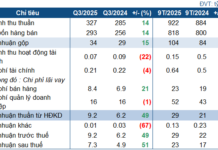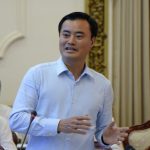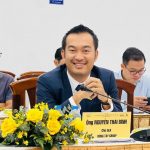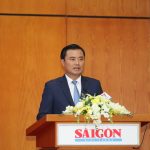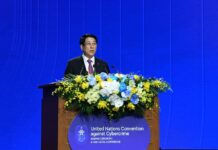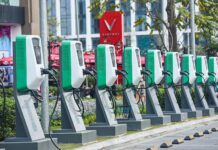The Trump administration’s stricter immigration and border policies will have far-reaching global impacts.
Immigrants to the US often send their earned income back to their home countries. Meanwhile, international students at American educational institutions gain skills and opportunities that benefit them upon their return.
Trump has taken a hardline stance on immigration during his first term, as seen through his border wall construction and stricter enforcement of immigration laws. Analysts believe this trend will continue in his next term.
Countries Most Affected by President Trump’s Policies
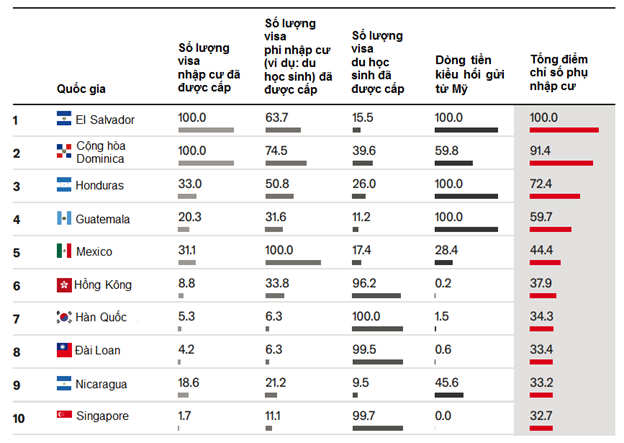
Source: Economist Intelligence Unit (EIU)
(*) Note: Higher scores indicate greater impact.
Small economies in Latin America heavily rely on remittances from the US.
Remittances from the US account for 23% of El Salvador’s GDP, 21% of Honduras’, and 16% of Guatemala’s, highlighting significant economic dependence on lenient immigration policies. Similar to his first term, Trump may further restrict H1-B visas for highly skilled workers and other immigration visas, limiting a crucial channel for legal immigration. While India receives the most H1-B visas, its large population means the impact is relatively lower; instead, Latin American countries are more affected by this index.
ASEAN countries like the Philippines and Vietnam are also among the top 10 countries with the highest ratio of remittances from the US to GDP, but the 2-3% range is not significant.
Countries with the Highest Ratio of Remittances from the US to GDP
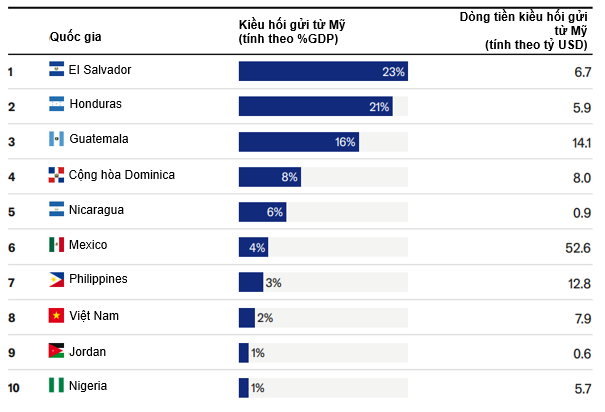
Source: World Bank and Economist Intelligence Unit (EIU)
European and Muslim-majority countries are less affected. Europe has a relatively low dependence on immigration and border fluctuations. Indonesia, the world’s most populous Muslim-majority country, is ranked as the least affected as its emigration patterns are largely intra-regional within Asia.
Perceptions of the US as becoming less welcoming to Muslims may have contributed to restricted labor flows, migration, and student mobility. Trump’s travel restrictions, imposed during his first term, were dubbed the “Muslim ban.”
President Donald Trump: Opportunities, Challenges, and Solutions (Part 1)
Ho Chi Minh City Taps Into a Goldmine for Infrastructure Development
Ho Chi Minh City is the economic driver of the country and the aspiration to develop the city is huge. In the context of limited budget, it is necessary to mobilize non-budgetary resources, including remittances. If there are appropriate policies and approaches, this will be a very important resource for Ho Chi Minh City to develop socio-economics.
Ho Chi Minh City Proposes Bond Issuance to Attract Remittances for Infrastructure Projects
Ho Chi Minh City may issue bonds to mobilize gold resources from overseas remittances flowing into key infrastructure projects, “sharing the fire” with other resources.





